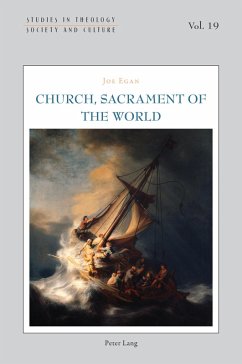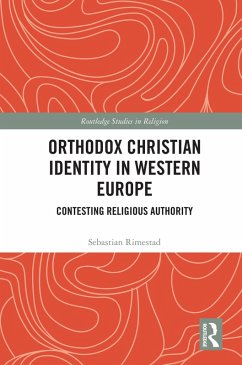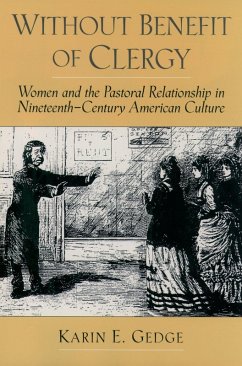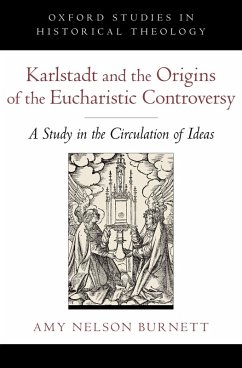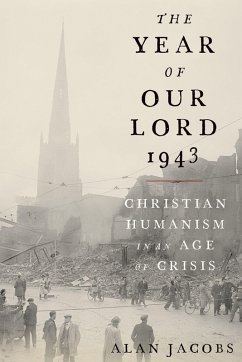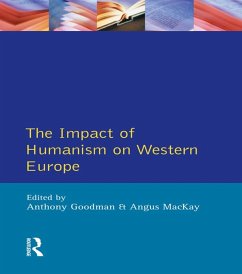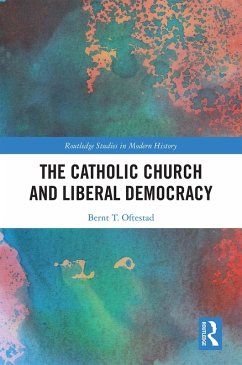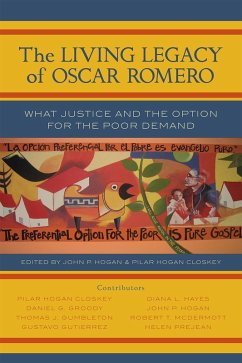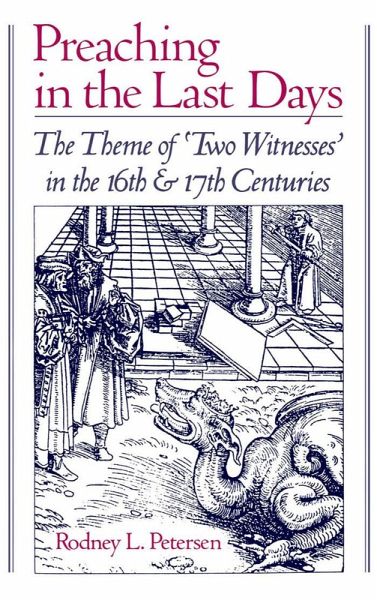
Preaching in the Last Days (eBook, PDF)
The Theme of "Two Witnesses" in the 16th and 17th Centuries
Versandkostenfrei!
Sofort per Download lieferbar
58,95 €
inkl. MwSt.
Weitere Ausgaben:

PAYBACK Punkte
29 °P sammeln!
Visionary strength was given to the piety, polity, and political activity of Protestantism in its formative periods through the way in which the Apocalypse was read. By identifying with the text depicting two witnesses, or prophets, who preach at the end of history, are slain by the beast from the abyss (understood to be Antichrist), and rise again victoriously, representatives of the Protestant movement found a measure of self-identity. This text, Revelation 11:3-13, became the lens through which many envisioned the movement of history from the first advent of Christ to his promised return. I...
Visionary strength was given to the piety, polity, and political activity of Protestantism in its formative periods through the way in which the Apocalypse was read. By identifying with the text depicting two witnesses, or prophets, who preach at the end of history, are slain by the beast from the abyss (understood to be Antichrist), and rise again victoriously, representatives of the Protestant movement found a measure of self-identity. This text, Revelation 11:3-13, became the lens through which many envisioned the movement of history from the first advent of Christ to his promised return. It was used by earlier reform movements, but it lent special definition to the work of Protestant ministers through the nineteenth century, suggesting different approaches to social organization. Preaching in the Last Days is a study in the history of how the Apocalypse was read. It is also an examination of how social groups are formed through ideas occasioned by texts. It offers an account of the interplay between religious and social history during the time of the development of Protestantism. Petersen's study provides a fascinating look at the theological significance of how we read biblical texts and the insights this offers on the development of culture, the Christian movement, and its churches. The book is especially important for understanding the assumptions behind the ways in which the book of Revelation is being read and used in our own day.
Dieser Download kann aus rechtlichen Gründen nur mit Rechnungsadresse in A, B, BG, CY, CZ, D, DK, EW, E, FIN, F, GR, HR, H, IRL, I, LT, L, LR, M, NL, PL, P, R, S, SLO, SK ausgeliefert werden.





